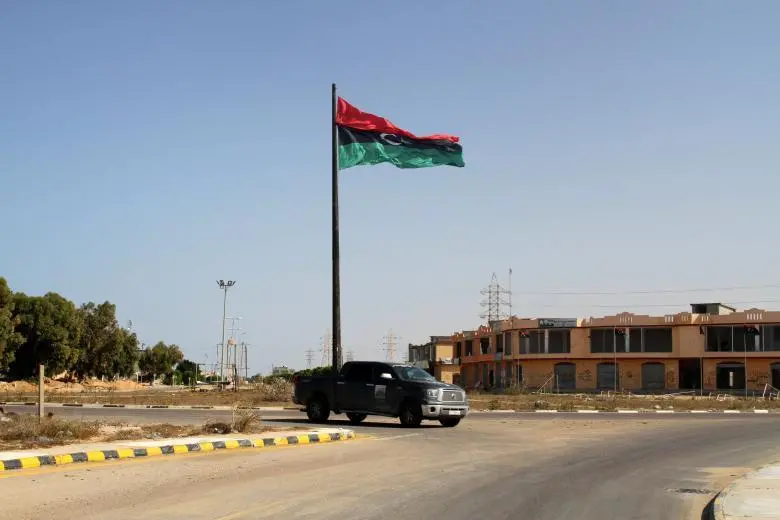PHOTO
TRIPOLI - Libya's High State Council (HSC) consultative body replaced its leader in a televised vote on Sunday, adding new uncertainty to a political standoff over control of government and the path to elections.
The Tripoli-based HSC has a say in major political matters under the terms of a 2015 political agreement and has been negotiating with Libya's main parliament, the House of Representatives, which is based in the country's east.
HSC members chose Mohammed Takala in a run-off by 67 votes to 62, ousting Khaled al-Meshri who had led the Tripoli-based body since 2018. Meshri congratulated Takala on his win.
The HSC and the HoR have been negotiating a path to elections under U.N. pressure, but they have both sought to replace the interim government in Tripoli before any national vote.
Prime Minister Abdulhamid al-Dbeibah, seen as a political rival of both Meshri and the HoR speaker Aguila Saleh, has said he will not cede office until after an election and last year he fought off brief armed efforts to unseat him.
It was not immediately clear how the election of Takala would impact the HSC's talks with the HoR over electoral rules, or the two bodies' push to replace Dbeibah.
International diplomacy has long focused on presidential and parliamentary elections as a critical element of any lasting solution to Libya's conflict, with both the HoR and the HSC now facing big questions over their legitimacy.
The HoR was elected to a four-year term in 2014, but the previous parliament, which had been elected in 2012, and the supreme court rejected the legitimacy of the vote as eastern and western factions split in a new round of civil war.
Libya has had little peace or stability since a 2011 NATO-backed uprising, but major fighting has paused since a ceasefire in 2020 when a U.N.-backed process pushed for new elections under Dbeibah's interim Government of National Unity.
Both the HSC and HoR initially endorsed Dbeibah, but they could not agree rules for an election and the planned vote was cancelled shortly before it was due to be held in late 2021. They have since rejected Dbeibah's mandate, pushing for a new interim government.
U.N. diplomatic efforts have continued to push the bodies to agree rules for an election, but many Libyans believe the HoR and HSC have little interest in holding a vote that would push them both from office.
(Reporting by Reuters Libya newsroom, writing by Angus McDowall; editing by John Stonestreet and Philippa Fletcher)





















